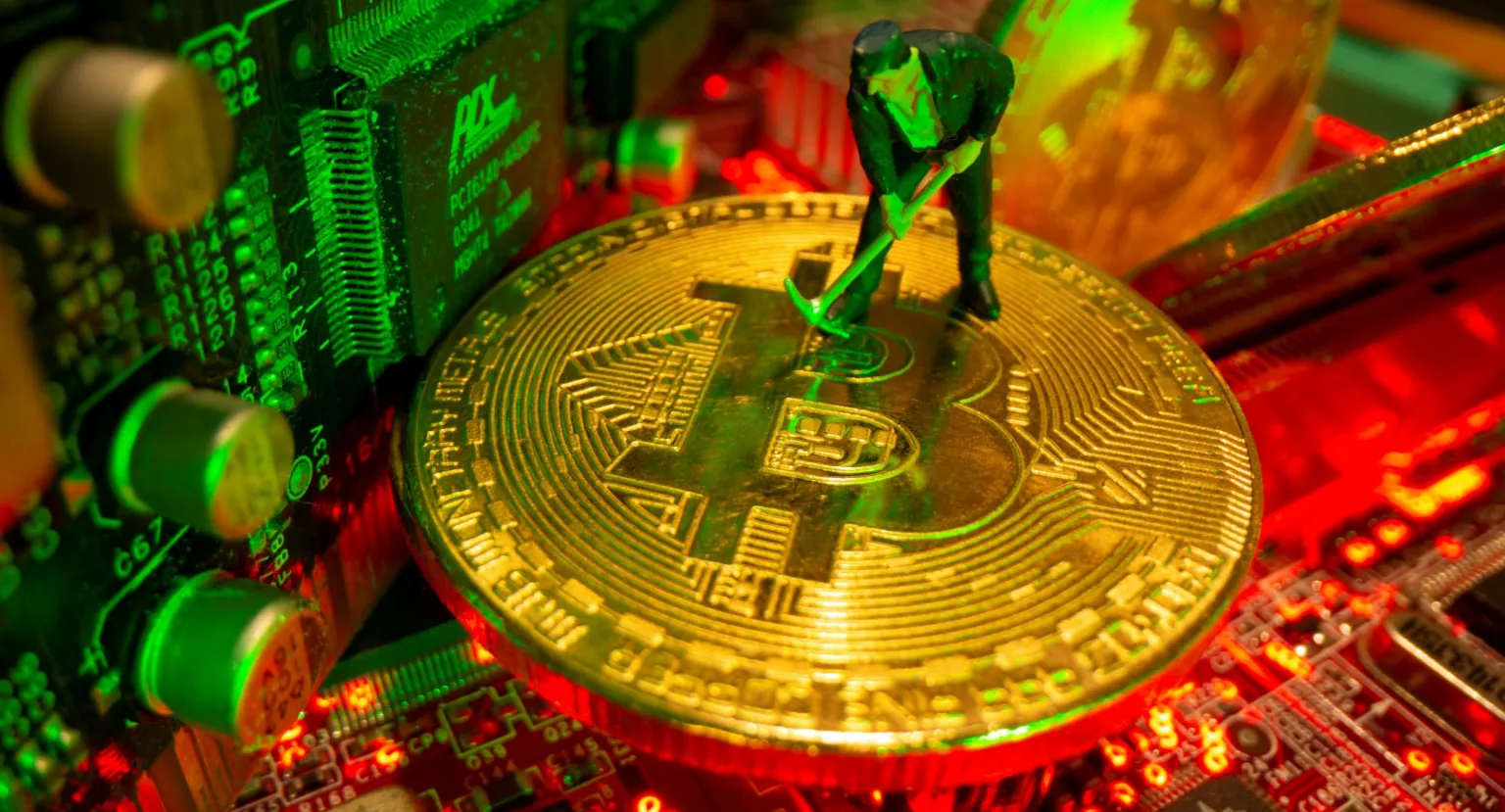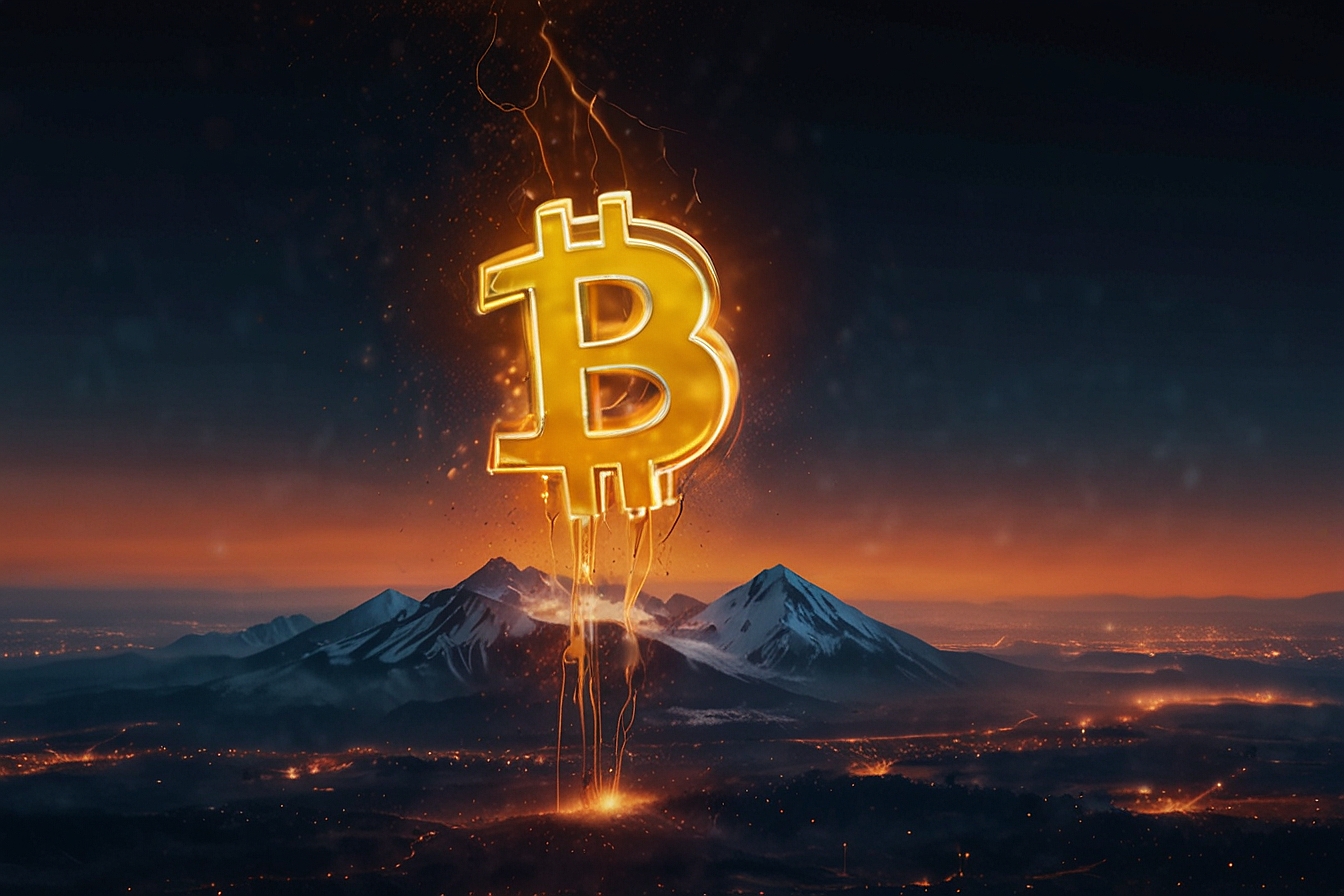|
Getting your Trinity Audio player ready...
|
The Bitcoin network is experiencing a period of high transaction fees and a backlog of unconfirmed transactions. On June 7th, network fees spiked to over $50 per transaction, coinciding with over 332,000 unconfirmed transactions. While the cause remains under investigation, blockchain reporter Colin Wu suggests it could be linked to a centralized exchange consolidating wallets.
This congestion comes amidst ongoing concerns about Bitcoin miner profitability following the recent halving event. The halving, which occurred in April 2024, cut the block reward for miners from 6.25 BTC to 3.125 BTC. This significant reduction in revenue has put pressure on miners, particularly with rising energy costs.

Miner Profits Under Pressure
Bitfarms, a major Bitcoin mining company, reported a 42% drop in mining revenue for May, the first full month post-halving. While extreme weather conditions in Argentina contributed to the decline, the halving’s impact is undeniable.
Since the beginning of 2024, Bitcoin miners in the U.S. alone have spent a staggering $2.7 billion on electricity, despite a rise in mining difficulty and a decrease in rewards. Analyst Paul Hoffman estimates this translates to a massive 20,822.62 GWh of electricity consumed – enough to power 1.5% of U.S. households for a year.
Also Read: Bitcoin ETFs On Fire: 18 Days Of Inflows & $15.56 Billion Later, Is Crypto Back?
The cost of mining a single Bitcoin has also doubled since the halving, jumping from an average of $52,000 to over $110,000. This squeeze on profitability could lead to miners shutting down operations, potentially impacting network security and transaction processing times.
Challenges and Questions
The recent surge in transaction fees and the ongoing challenge to miner profitability raise questions about the sustainability of the Bitcoin network in the post-halving environment. Can miners adapt and remain profitable with halved rewards and rising energy costs? Will network fees remain elevated, potentially hindering Bitcoin’s adoption as a mainstream payment method?
Disclaimer: The information in this article is for general purposes only and does not constitute financial advice. The author’s views are personal and may not reflect the views of Chain Affairs. Before making any investment decisions, you should always conduct your own research. Chain Affairs is not responsible for any financial losses.
I’m a crypto enthusiast with a background in finance. I’m fascinated by the potential of crypto to disrupt traditional financial systems. I’m always on the lookout for new and innovative projects in the space. I believe that crypto has the potential to create a more equitable and inclusive financial system.



